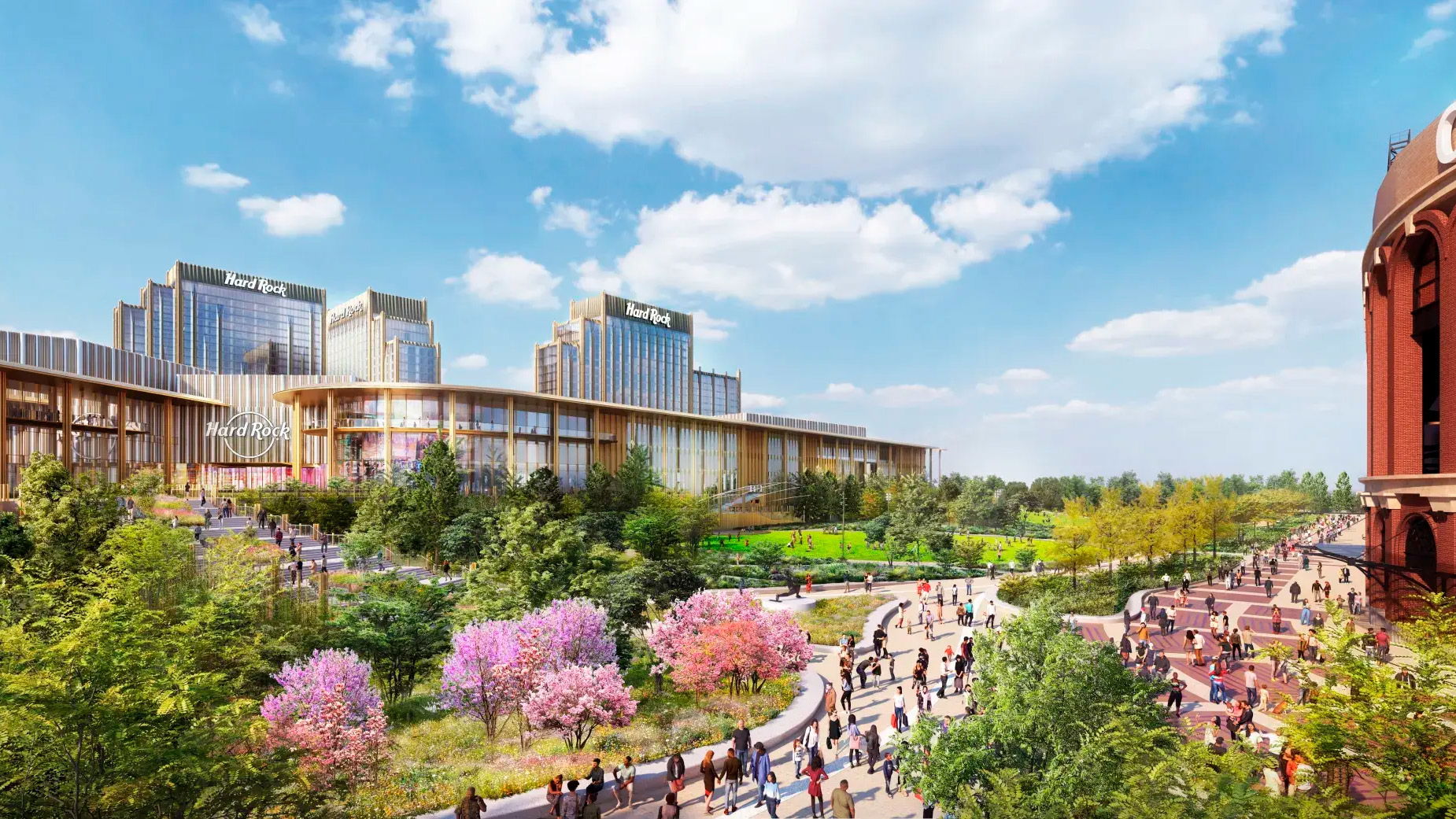North Texas forms committee to discuss potential legalization of casino gambling, sports betting

The North Texas Commission (NTC) is establishing a committee to explore the potential implications of legalizing casino gambling and sports betting, as momentum builds ahead of the 2025 legislative session.
The committee will include business and community leaders and will study the effects of destination gaming on economic development, workforce needs, infrastructure, transportation, and public safety, reports the Dallas Business Journal.
NTC Chief Operating Officer Patrick Brophey emphasized the need for broad community representation, including elected officials, tourism leaders, economic development officials, and members of religious and faith-based organizations.
"This is open to North Texas Commission members who we traditionally cater to, but well beyond that as well to get the full scope of our community including social services, public safety, nonprofits, arts and entertainment, mental health professionals and business and industry leaders," Brophey said. "We want parity across the region."
The announcement follows a roundtable discussion hosted by the NTC and the Texas Association of Business on Wednesday in Hurst, where a Las Vegas Sands executive highlighted the benefits of destination gaming for Texas, particularly the Dallas-Fort Worth (DFW) region. Sands, led by billionaire Miriam Adelson, has invested heavily in lobbying for casino gambling legalization in Texas, spending $6.7 million in 2021.
Adelson has also made significant political contributions, including over $13 million this year in Texas elections. Additionally, her family acquired a majority stake in the Dallas Mavericks, with owner Mark Cuban suggesting the possibility of a resort casino anchored by a new arena in Dallas.
Sands and NTC leaders are advocating for a bill to place a constitutional amendment on the ballot, allowing voters to decide on casino gambling. This amendment would require two-thirds approval in both legislative chambers and majority support from state voters.
Sands' senior executive Andy Abboud stressed the economic benefits of destination resorts during the roundtable. "It doesn't need to be everywhere," Abboud said, comparing the limited number of casino licenses to NFL or MLB teams. "If you diminish the market, you diminish the investment and you're just diminishing the economic impact that it can have."
Abboud highlighted the potential for DFW to benefit from increased convention space, similar to Las Vegas. An economic impact study by Rice University estimated that gaming could add $13 billion to Texas's economy and create 70,000 permanent jobs, with DFW potentially seeing a $34.7 million increase in tax revenue.
Addressing concerns about safety and crime, Abboud countered claims that casinos lead to higher crime rates, citing reduced crime in areas like Bethlehem, Pennsylvania, where Sands developed a resort.
Despite some skepticism, there is a growing belief among local leaders that the legalization of casino gambling is inevitable. "We can talk about where it's going to go and what it's going to do and what it's going to be, but the reality of it is...it is going to happen," said Irving Mayor Rick Stopfer. "So where we sit as a metroplex is are we going to be ready for it compared to the rest of the state?"
















































